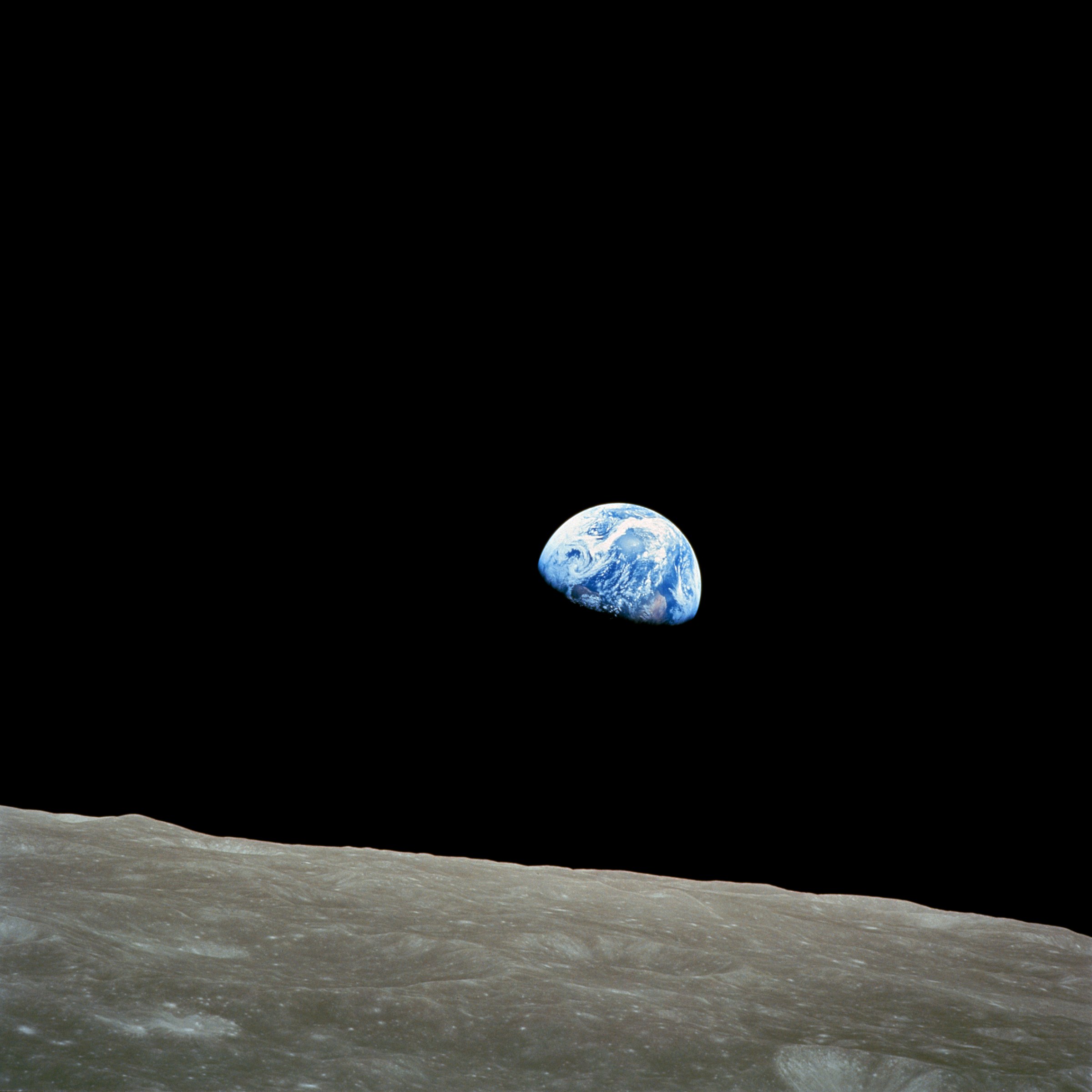Nobody said it is irreversible. We are already seeing the amplifying / accelerating effects (lowered albedo, death of forests, methane release, etc). so the average global climates will continue to get warmer, even for a while after we stop / lower our carbon output.
But eventually, after an unknown period of time, things could stabilize and hopefully return to "normal". This will probably take a lot longer than it took to destabilize it, though?
We can do things much better than we are, and we don't have to return to some more primitive time. It will be turbulent and difficult.
Charles Darwin was "prophetic". He figured out the mechanism by which life can change, and he figured out plate tectonics, as well. Many people feared the apparent implications of what he said (and some are still resisting the truth); but he was (largely) totally correct. The science he started is now completely integrated into all even remotely related fields of science.
And yes, Charles Darwin was also correct about plate tectonics. The land and sea floor are in constant state of change. These cause earthquakes, and they cause mountains to form. It has moved the Earth from one continent to seven.
One thing I learned from watching the videos: Richard Alley mentioned the 41,000 year cycle of the changing of the angle of the rotational axis of the Earth. So the amount of sun that directly hits the north pole and the Arctic Circle varies over time.
And the plate tectonics has a more random affect on the global climate -- when we get a lot of volcanic activity, then we get temporary cooling. And the ocean currents, the jet stream winds, etc. all are affected by a greater or lesser amount of heat energy. Colder ocean water absorbs more carbon dioxide than does warmer water, and along with the make up of the land nearby, the pH level of the ocean affects many things including the life that live there.
The Earth is an amazing place and a very complicated place and as far as we know, it is unique. As Richard Alley said -- if this was all a video game, he would push the button to test to see what happens -- but it is the only place where all of us live.
Science gave us this picture of our Earth:
